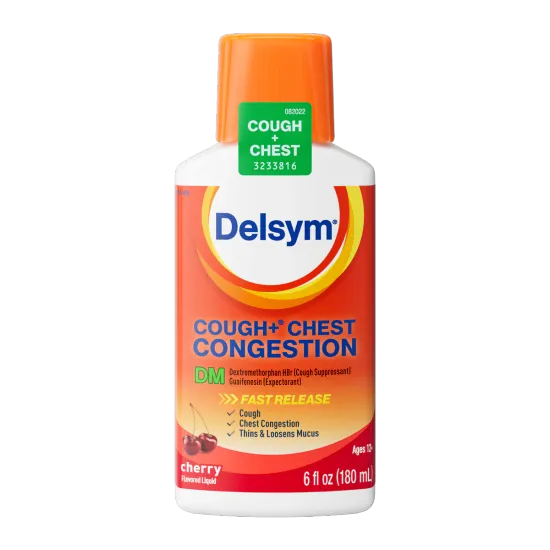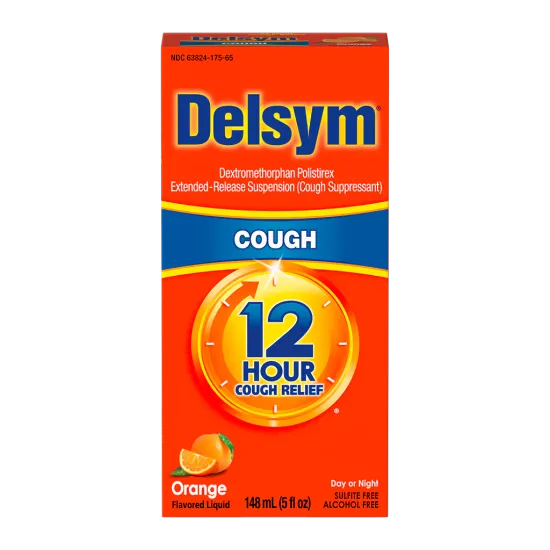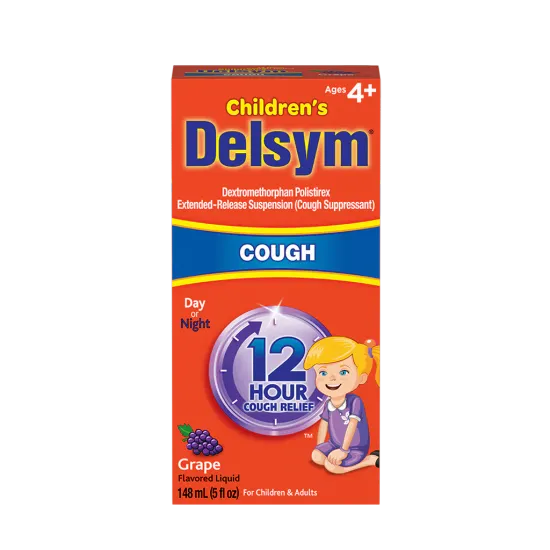
Must-Have Essentials When You Have a Chronic Cough



MUST HAVE ESSENTIALS FOR CHRONIC COUGH TREATMENT
Maybe it started out as a common cold, complete with a sore throat, congestion, headache, fever and cough. Although you were relieved when most of your symptoms disappeared a couple of weeks later, your cough has stubbornly persisted. A chronic cough, or one that lasts more than four weeks, can be a sign of bronchitis, pneumonia, sinusitis or due to a blood pressure medication that you were recently prescribed. It could also be caused by allergies or asthma. This lasting cough should be monitored by a physician. Although your doctor may take time to find out what’s at the root of your cough, you can do a few things to make your life easier in the meantime.
Throat Lozenges
When you’re busy, you don’t want to let a persistent cough take you down a notch — especially if you don’t really have any other notable symptoms. Keeping throat lozenges on hand is a simple way to ease a dry, tickling cough, like those caused by postnasal drip. Sucking on a medicated lozenge, or even a piece of peppermint candy, can soothe an irritated throat and temporarily help suppress your cough. Although lozenges can help you get through the day, you may want to choose the sugar-free variety if you always tend to have one in your mouth.
The Right Cough Medicine
When a persistent cough is really getting in the way of your day-to-day life, taking the right over-the-counter cough medicine can make all the difference. If you have a dry cough, carry Delsym® 12-Hour Cough Relief with you — just one dose of the patented time-release formula is enough to suppress your cough for up to 12 hours. That’s because it has dextromethorphan, which works with your brain to suppress the impulse to cough. A second dose at bedtime can help to relieve your cough so you can sleep through the night.
If you have a wet cough, or one that produces phlegm, it’s best to avoid cough suppressants, at least during the day. Instead, you may want to use an OTC medication with guaifenesin, an expectorant that helps clear mucus. Getting as much loose mucus out of your system as possible can help you overcome your cough faster.
A Soothing Beverage
One of the primary recommendations for anyone with a cough is to drink more fluids. That’s because liquids help soothe a sore throat and quiet a cough. It’s also because staying hydrated promotes thinner mucus, making it easier to blow your nose and reduce postnasal drip. Carry a small bottle of water in your purse or bag so that you always have something to drink when you need it. Or do one better and keep soothing beverages on hand at home or in the office. Some people are most soothed by cold drinks like ice water, iced tea or juice; others find more relief in hot drinks, like tea or coffee. Find what works best for you, and keep it flowing.
A Cool-Mist Humidifer
You can’t fit all chronic-cough essentials in a bag — one of the most beneficial essentials is something you keep at home. A cool-mist humidifier adds moisture back into the air, soothing your respiratory tract and easing your cough. If your environment is particularly dry, you may find that running a humidifier provides all the relief you need as your cough runs its course. If you don’t have a humidifier, the Centers for Disease Control and Prevention recommends leaning over a bowl of hot water and breathing in the steam, or sitting in a closed bathroom while running a hot, steamy shower.
Summary
A chronic cough doesn't have to interfere with day-to-day life when you have the right essentials on hand.
.avif)